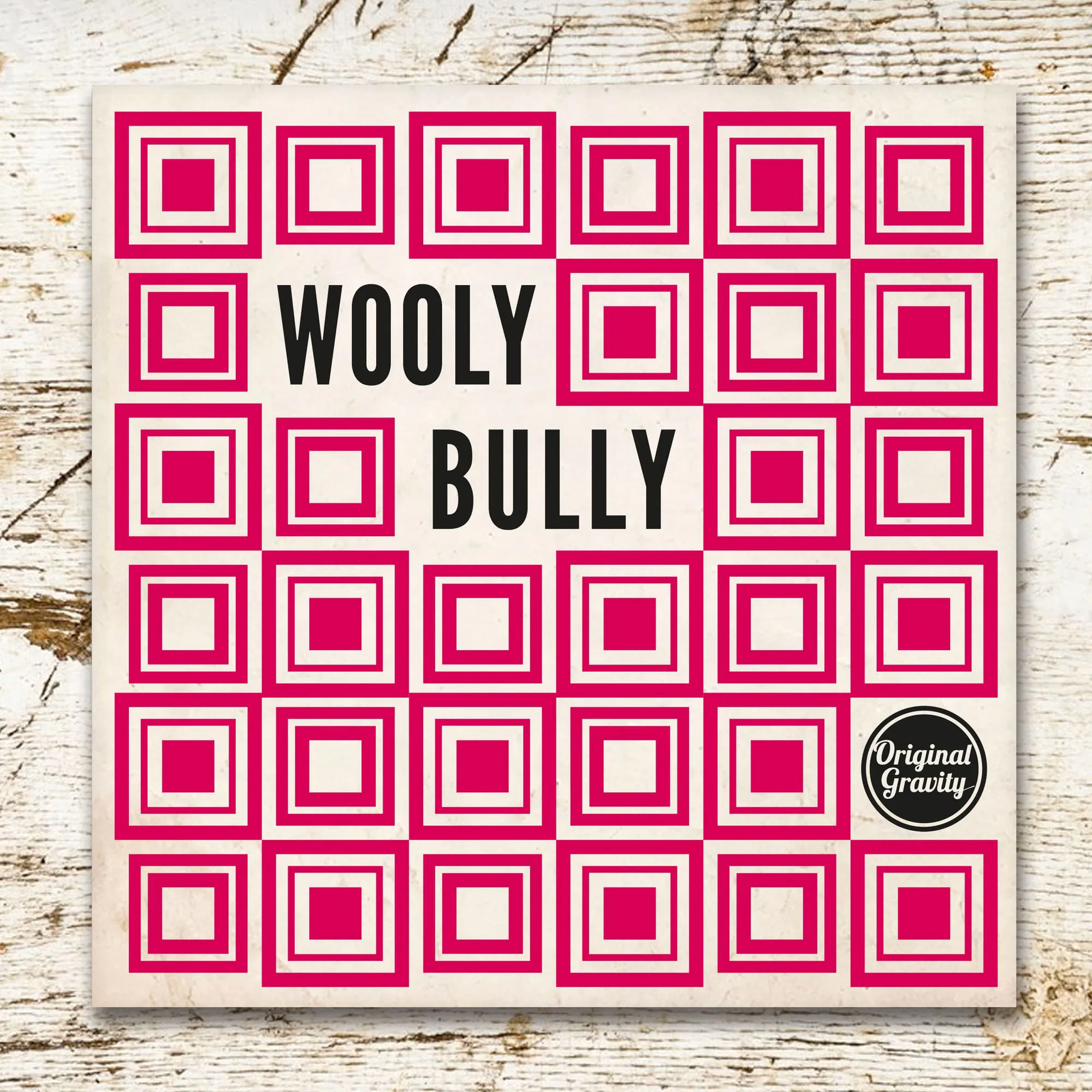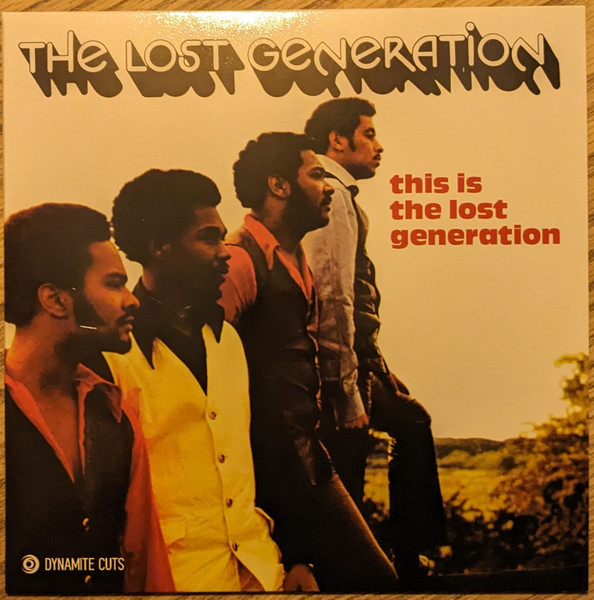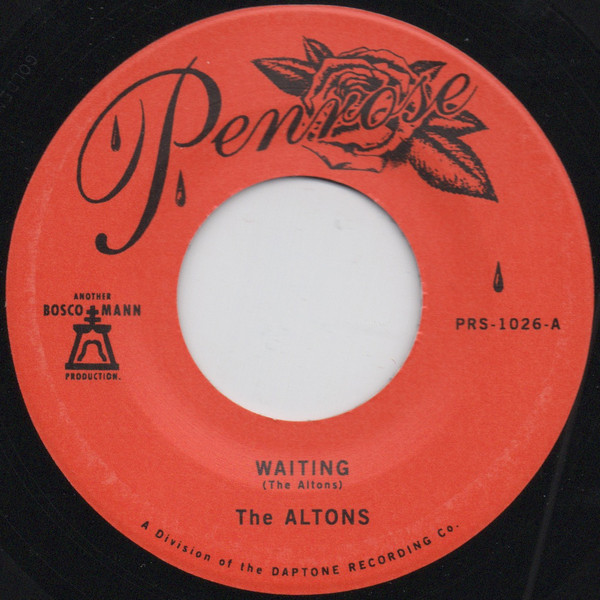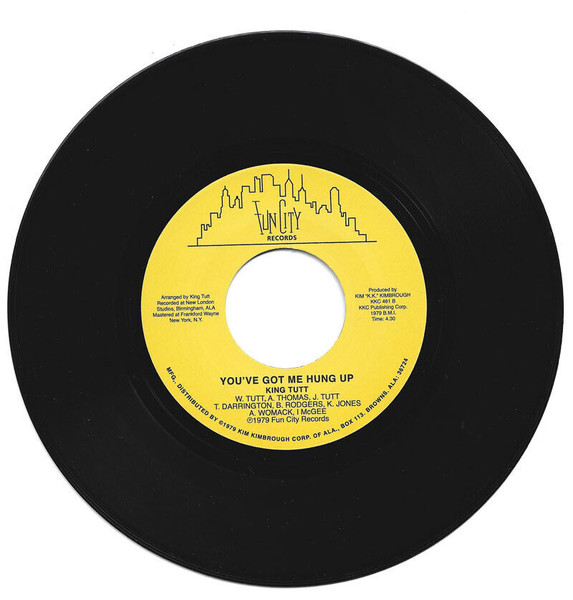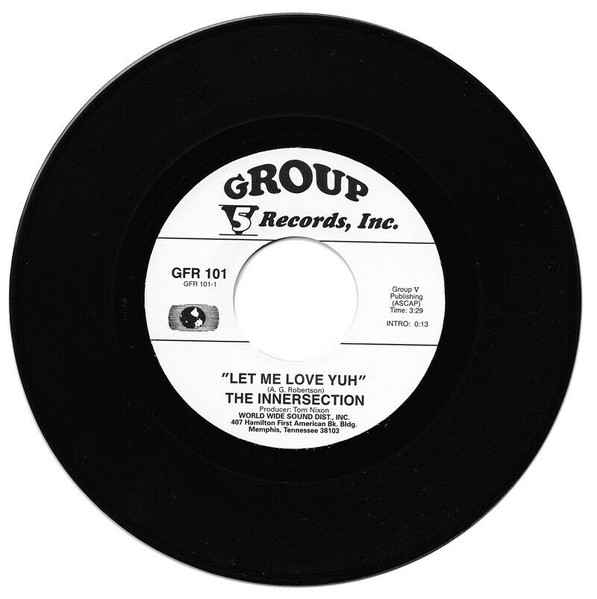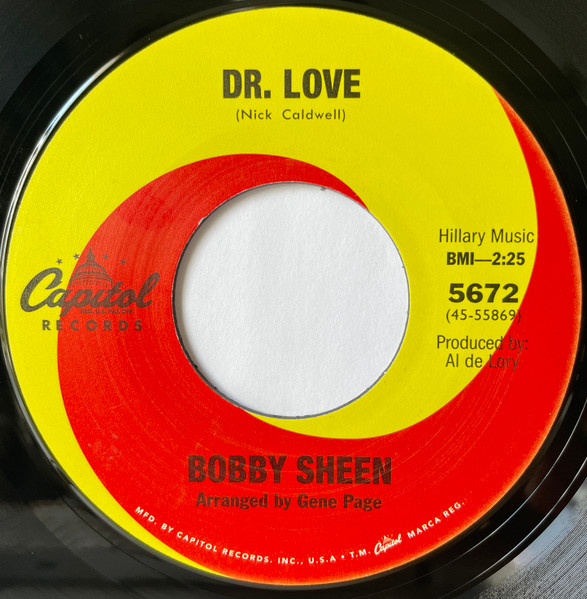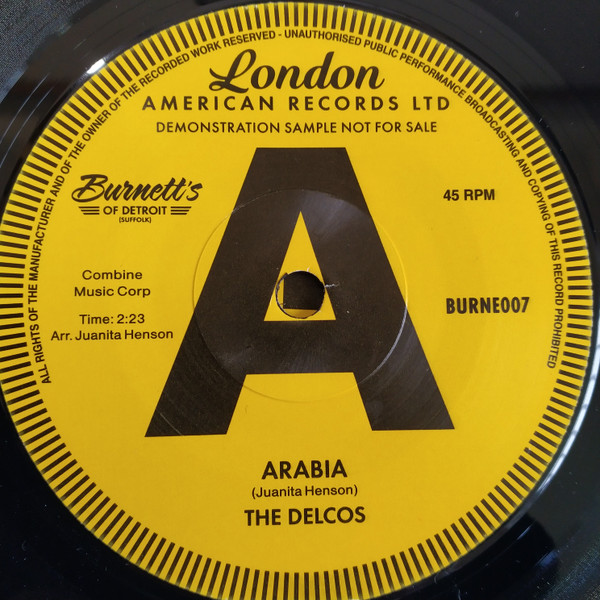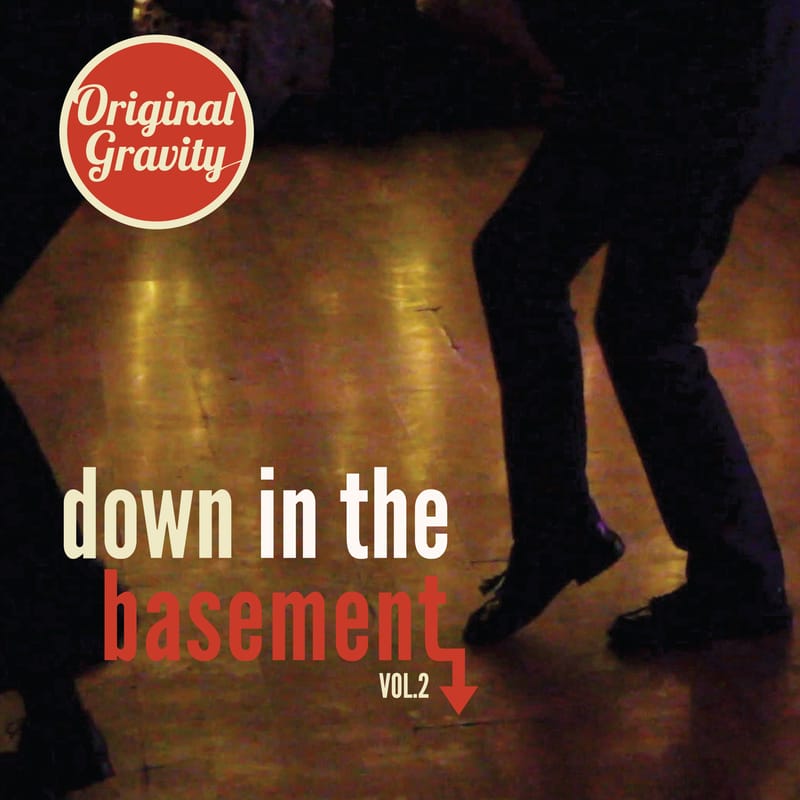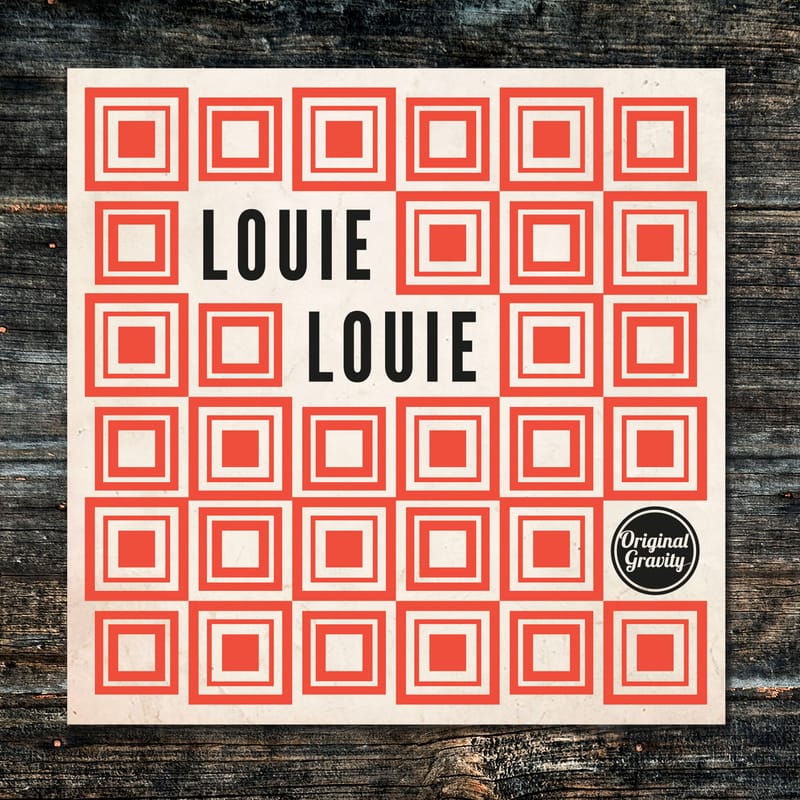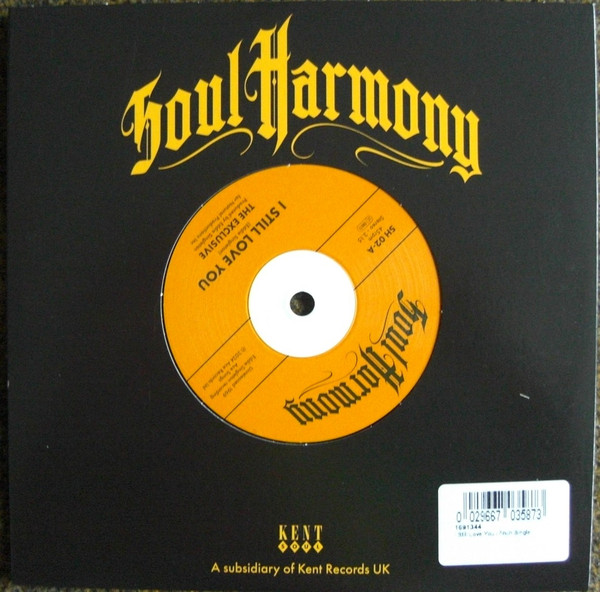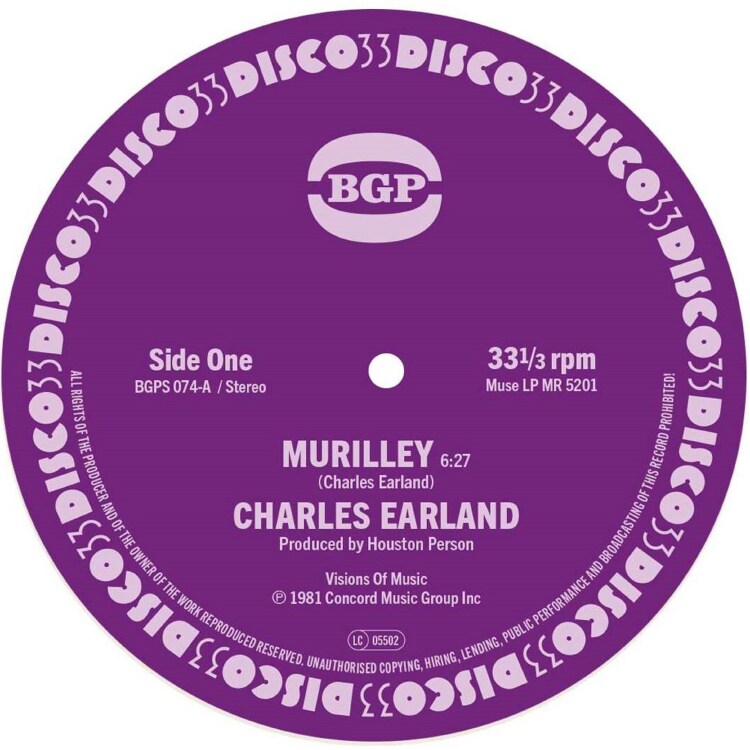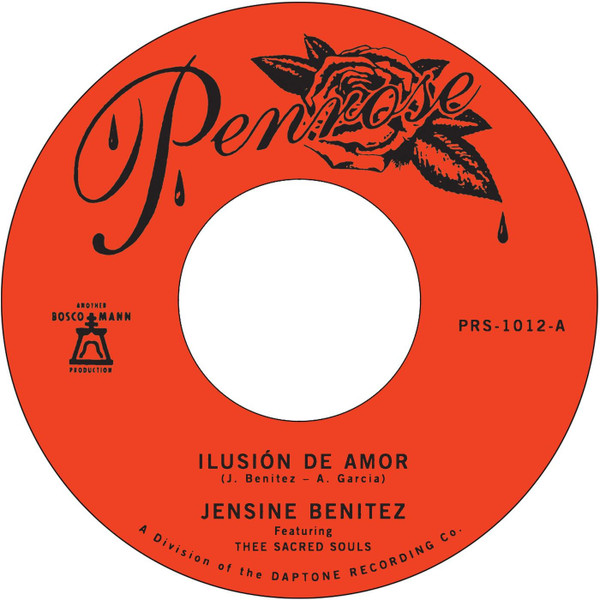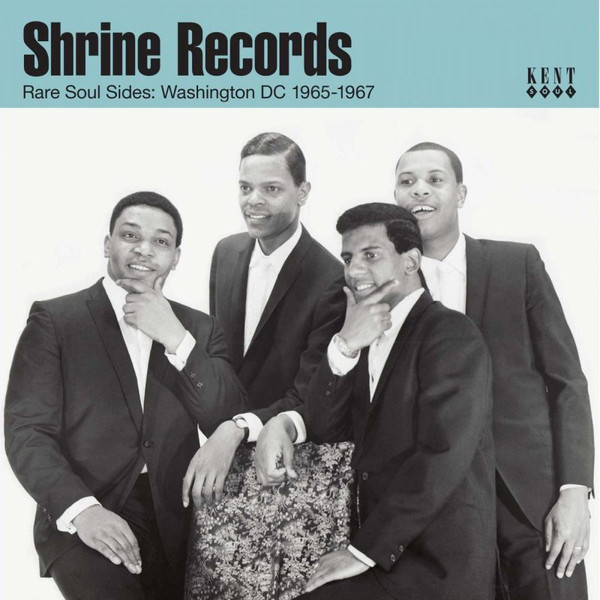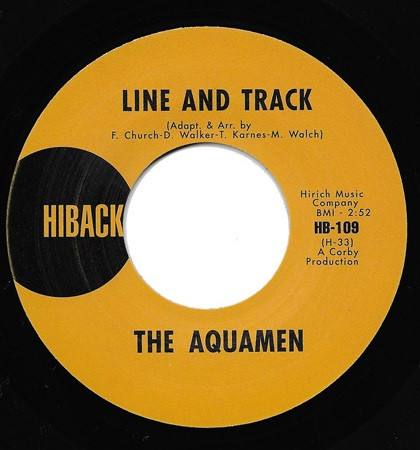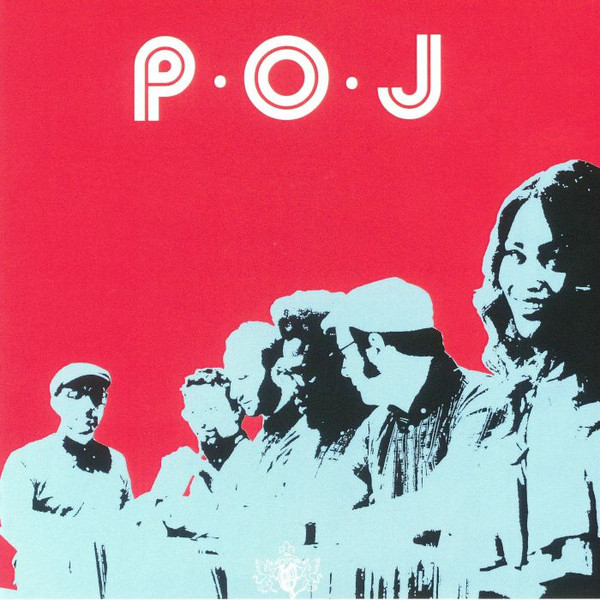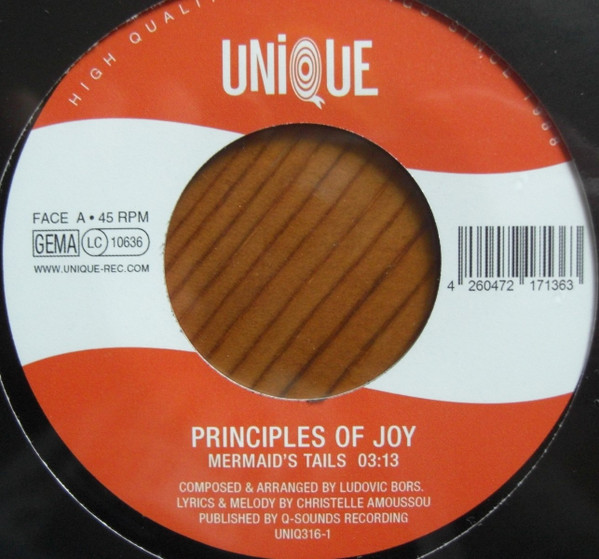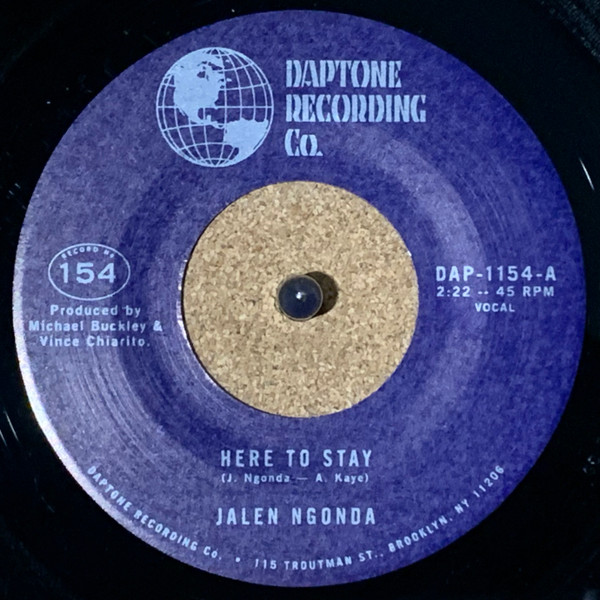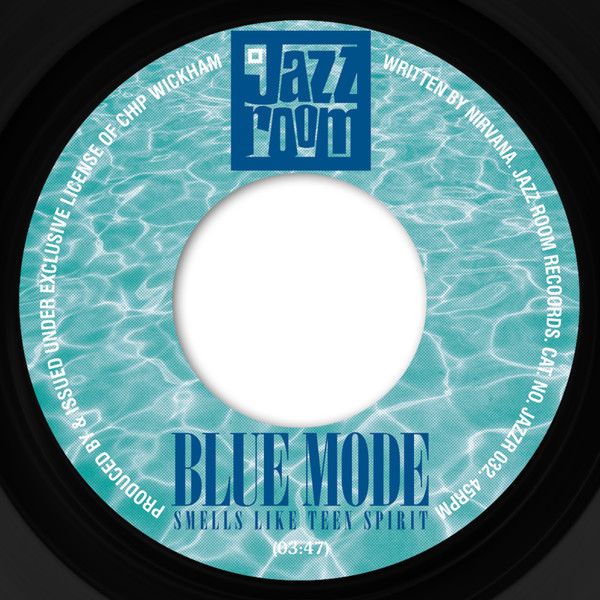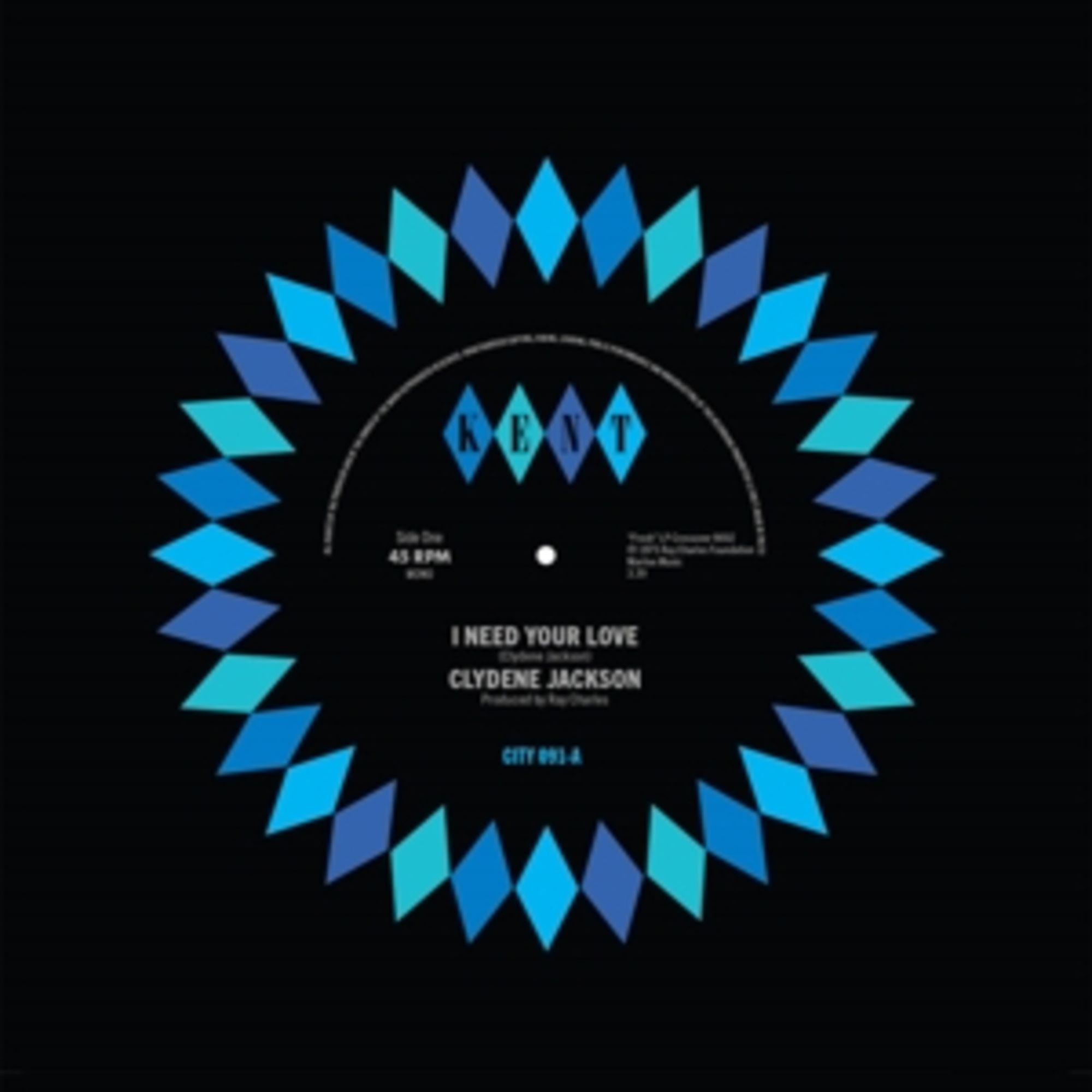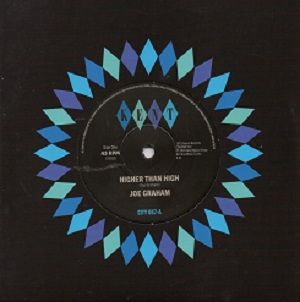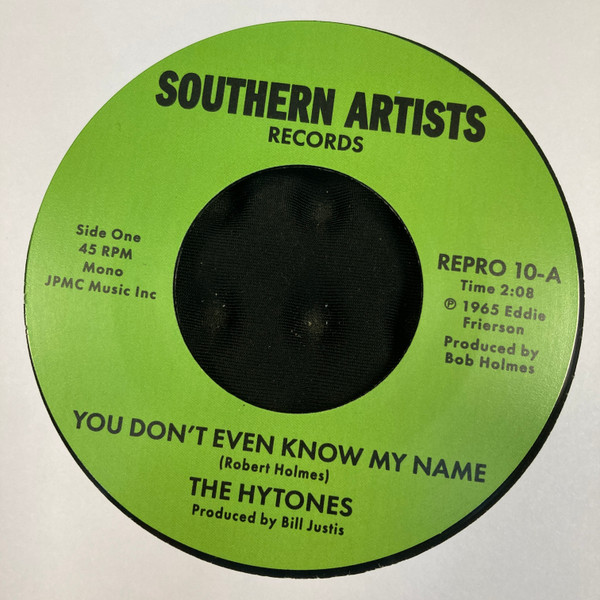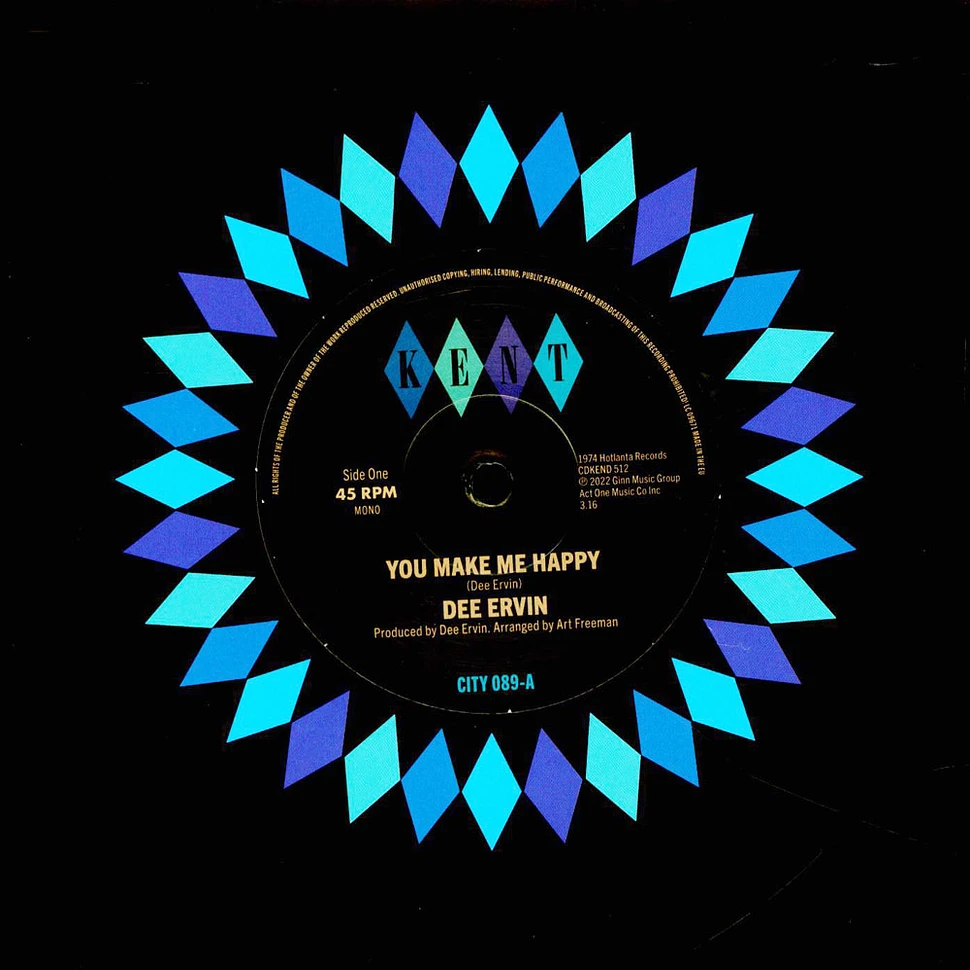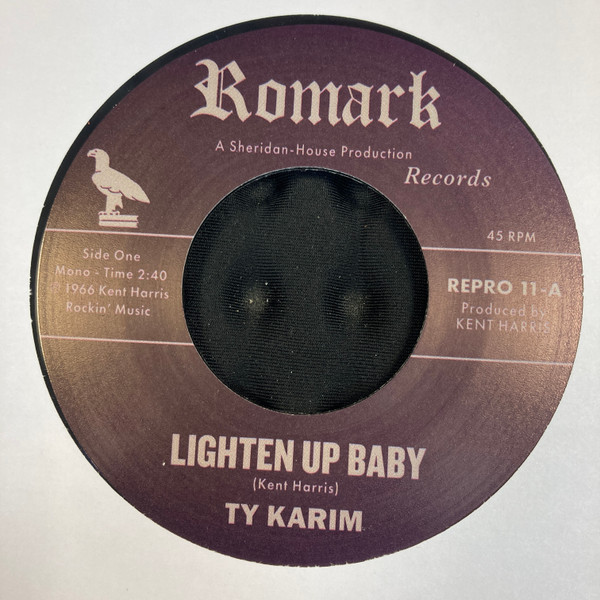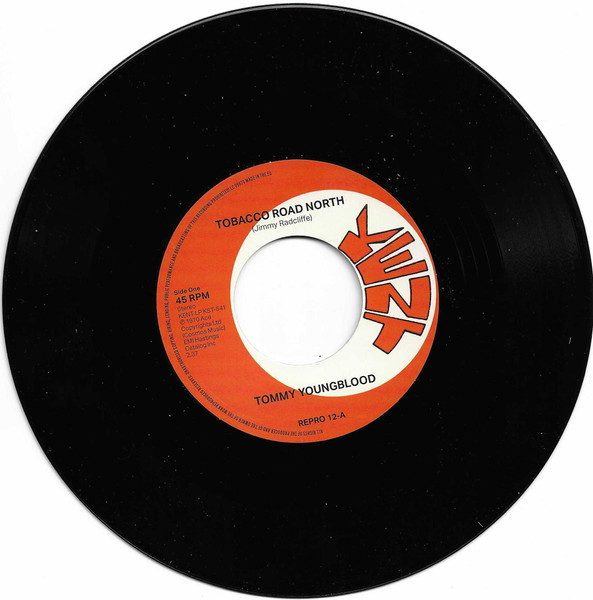The Exclusive / The DC Blossoms – I Still Love You / This Is Your Last Chance (7")
16,90 €*
Eddie Singleton nahm diese gefühlvolle Soul-Ballade um 1969 mit einer
nicht dokumentierten Gruppe namens Exclusive auf, aber sie blieb bis
heute nur auf Tonband. Etwa drei Jahre zuvor, 1966, nahmen er und sein
Produktionsteam den Track der DC Blossoms 'This Is Your Last Chance'
auf, dem dritten Track einer Shrine-Session, der es nicht auf die Single
schaffte. Seit der Veröffentlichung auf der Kent-CD 'Shrine, The Rarest
Soul Label Vol 2' hat er eine große Anhängerschaft gewonnen,
insbesondere unter lateinamerikanischen Soul-Fans an der Westküste:
jetzt endlich eine 45er.
Charles Earland - Murilley / Leaving This Planet (7")
16,90 €*
'Leaving This Planet' war der Titelsong von Charles Earlands
gleichnamigem Album aus dem Jahr 1974: einem der besten Jazz-Alben der
70er Jahre. Dieser Track wurde in den 70er Jahren im Loft und anderen
New Yorker Tanzclubs gespielt.Es wird hier mit 'Murilley' gekoppelt,
einer von Orgel geleiteten Gesangsnummer, die in den 80er Jahren ein
großer foot stomper im Wag Club, Dingwalls und darüber hinaus war.
Jensine Benitez – Ilusión De Amor / The Sparkle In Your Eyes (7")
9,90 €*
Großartiger Tune. Back in stockIt is our distinct pleasure to announce the debut solo effort from Thee
Sacred Souls' own Jensine Benitez. Anyone who has had the privilege to
catch Thee Sacred Souls live is already well familiar with Jensine. On a
nightly basis, when she gracefully steps into the spotlight for one of
her solos, her mellifluous voice and commanding stage presence sends the
crowd into a frenzy of adoration and unadulterated joy. With this
single she enriches that charm with honeyed melodies set to floaty
rhythms that are sure to have you bobbing your head with the windows
rolled down. "Ilusión de Amor" is a lilting lament sung en español about
a forlorn lover whose deep, brooding sadness has left them yearning
well beyond any hope of reconciliation. On the flip is "The Spar kle in
Your Eyes," a vibey, mid-t empo mover that will have couples crowding
dance-floors for decades to come. A stunning two-sider that epitomizes
the kind of soul music we dig. Snatch this one up quick, or tears may
fall..

